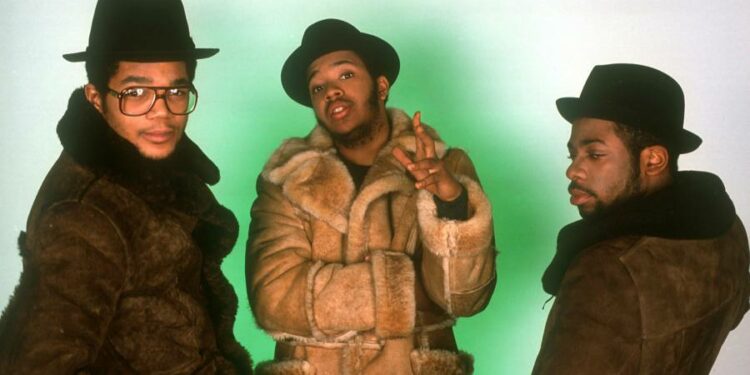Over the past few years, you might have noticed headlines about musicians selling their life’s work for eye-popping sums of money: Neil Diamond, Neil Young, Sting, Bob Dylan, Bruce Springsteen, Paul Simon, Stevie Nicks. With some exceptions, most of these attention-grabbing sellers have one thing in common — they are older, and in the genre of rock.
It’s a peculiar situation. Streaming on Spotify saved the music industry and made song catalogues a viable investment for Wall Street. Hip-hop has been the backbone of the music streaming revolution, taking up about 30 per cent of all listening — nearly double rock music’s share. But for the most part, these hip-hop stars are not the ones cashing in on the industry rival. Instead, it’s boomer rock musicians.
There are a few obvious reasons for this. Older artists might be looking to use their songbook as a retirement fund and rock is an older genre than hip hop. Early rap music from the 1980s and 90s used a lot of sampling, making it more complex to license because the copyrights are split between many songwriters and producers.
But there’s also something more systemic at play. Investors want to buy what they describe as “proven hits”. Songs that endure over decades. Hits that were made in the past five years have not yet reached a “steady state” of earnings, investors say.
Advocates of this thesis will point to the fact that most of the listening on Spotify comes from “catalogue” songs — in other words, not new releases. But, according to Goldman Sachs, in 2020 about half of those catalogue streams were songs from the 2010s, a decade that was dominated by hip hop and R&B. Only 12 per cent of the streamed catalogue songs were made before 1980. A longtime music executive told me that financial institutions have “misread the market”.
“Everybody is looking in the 1960s and 70s. A lot of these investment vehicles are driven by white men, and when you’re a white guy shopping, you’re buying Bruce,” he said. “The real sweet spot in catalogue is post- 2000. Everything from like, Smash Mouth to Nicki Minaj hits.”
Mark Mulligan, a consultant to investors and record labels, says while it might look like a safe bet buying into an ageing rocker, he believes there is risk because valuations are calculated based on previous cash flows. Classic rock from the 1970s, 1980s and 1990s were the staple of US radio, bringing in lots of revenue. But these are yesterday’s numbers.
“Hip-hop is much more the music of now. Rock is the music of yesterday. That’s not reflected in where people are putting money in catalogues”, he says.
This misalignment is clear in the numbers. Rock music made up 37 per cent of artist and songwriter catalogue deals last year, while pop took up 25 per cent, according to research group Midia. Only 3 per cent of these sales were hip hop catalogues.
Hip-hop and R&B catalogues are valued at a multiple of about 15 times historic annual earnings, while rock and pop are trading at a 20 times multiple, according to executives in the market.
“[Earnings] growth across all genres is doing extremely well, but hip hop and R&B is undervalued relative to its growth, which is particularly strong”, said Nari Matsuura, a music valuation expert and partner at Citrin Cooperman.
One music buyer told me that part of the explanation was that the early rappers’ songs — which are old enough to be “proven” — are not easily milked for licensing purposes. The music of Run DMC, Public Enemy and Tupac is not seen as palatable for a car commercial as, say, Neil Diamond’s “Sweet Caroline”. More recent hip hop, such as Jay Z and Drake, has evolved into more commercial music, the buyer said.
There are some recent signs that investors are beginning to cast a wider net, both in genre and geography. BlackRock last week partnered with Warner Music for a $750mn fund to buy songs from “female and diverse artists”.
Apollo, the private equity giant, has entered the fray by teaming up with former Morgan Stanley banker Sherrese Clarke Soares; the group made a splash with its purchase of Despacito singer Luis Fonsi’s songbook. But instead of boomer rock stars, Soares wants to use her $1bn budget to become “a prolific buyer of black and brown music”.
“Hip-hop is starting to age to the place that . . . it’s a classic. You don’t have to explain to me why LL Cool J is relevant to me, because that’s the music I grew up on 20 years ago as a kid in Queens”, she said. “As much as people go for science, there is also emotion behind some of these bigger buys”.











